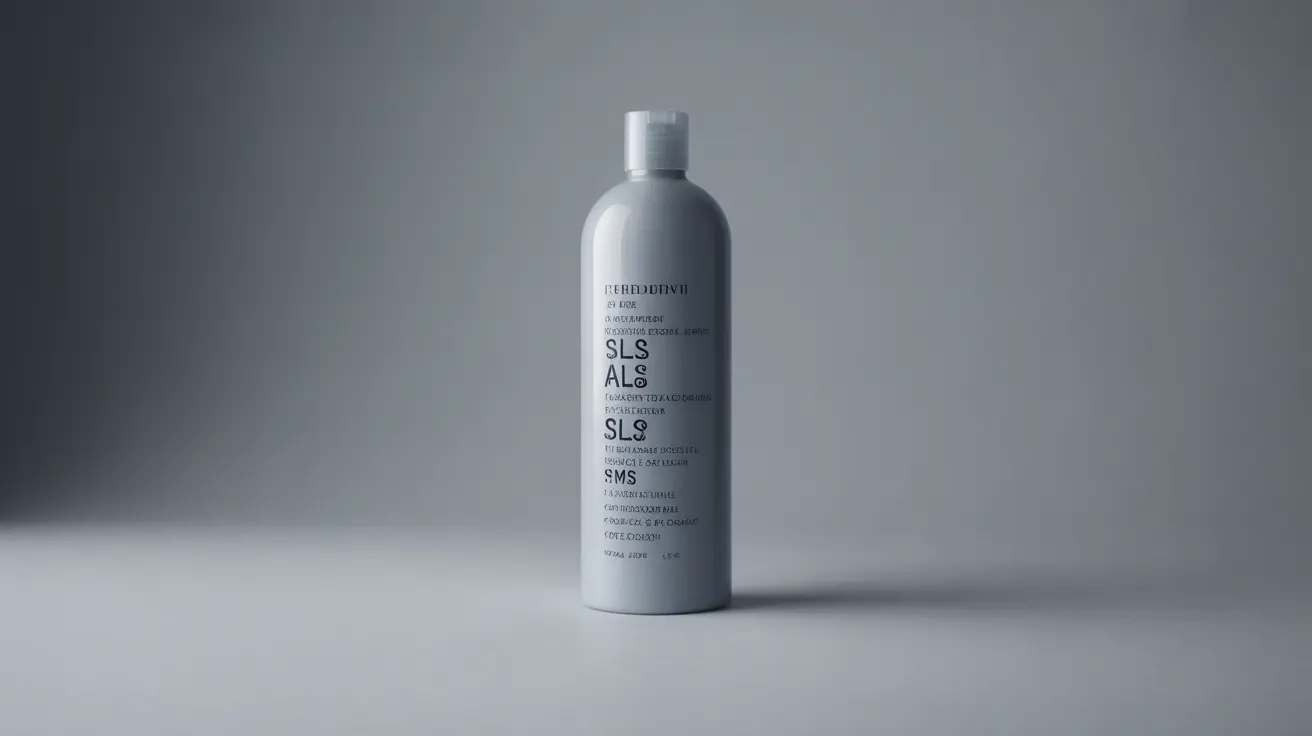If you've ever looked at the ingredient list on your shampoo, body wash, or toothpaste, you've likely encountered sulfates. These common cleaning agents play a crucial role in personal care products, but they've also sparked considerable discussion about their safety and effectiveness. Let's explore what sulfates are, their purposes, and what you should know about using products containing them.
Understanding sulfates is essential for making informed decisions about your personal care routine, especially if you have sensitive skin or specific hair care needs. This comprehensive guide will help you navigate the world of sulfates and their alternatives.
What Are Sulfates and Their Purpose?
Sulfates are synthetic detergents (surfactants) that create the rich lather we associate with cleansing products. These compounds work by attracting both water and oil molecules, making them effective at removing dirt, oil, and other impurities from your skin and hair.
The most common sulfates in personal care products include:
- Sodium Lauryl Sulfate (SLS)
- Sodium Laureth Sulfate (SLES)
- Ammonium Lauryl Sulfate (ALS)
- Sodium Myreth Sulfate (SMS)
Understanding Different Types of Sulfates
Sodium Lauryl Sulfate (SLS)
SLS is the strongest and most basic form of sulfate. It's highly effective at removing oil and dirt but can be more irritating to sensitive skin due to its powerful cleansing properties. This ingredient is commonly found in shampoos, body washes, and household cleaning products.
Sodium Laureth Sulfate (SLES)
SLES is a gentler alternative to SLS, created through a process called ethoxylation. This modification makes it milder and less likely to cause irritation while still maintaining effective cleansing properties. It's often used in products marketed for sensitive skin.
Potential Effects on Skin and Hair
While sulfates are generally considered safe for most people, they can have varying effects depending on your skin type and sensitivity:
- Skin dryness and irritation
- Scalp itchiness
- Color-treated hair fading
- Disruption of natural oils
- Potential eye irritation
Safety and Daily Use Considerations
The safety of sulfates has been extensively studied, and they're approved for use in personal care products by regulatory agencies worldwide. However, the concentration and frequency of use can impact their effects on your skin and hair.
For most people, products containing sulfates are safe for daily use. However, you might want to consider sulfate-free alternatives if you:
- Have sensitive skin or scalp
- Deal with eczema or dermatitis
- Have color-treated hair
- Experience frequent skin irritation
- Have naturally dry hair or skin
Sulfate-Free Alternatives
If you're looking to avoid sulfates, several effective alternatives are available:
- Cocamidopropyl betaine
- Sodium cocoyl glycinate
- Decyl glucoside
- Coco glucoside
- Natural saponins from plants
Frequently Asked Questions
What are sulfates and why are they used in personal care products?
Sulfates are synthetic detergents that create foam and help remove dirt and oil from skin and hair. They're used in personal care products because they're effective cleansers and create the rich lather that consumers associate with cleanliness.
What is the difference between sodium lauryl sulfate (SLS) and sodium laureth sulfate (SLES)?
SLS is a stronger, more basic form of sulfate that's highly effective but potentially more irritating. SLES is a modified, gentler version created through ethoxylation, making it less likely to cause irritation while maintaining good cleansing properties.
Can sulfates cause irritation or harm sensitive skin and hair?
Yes, sulfates can cause irritation in some people, particularly those with sensitive skin. They may lead to dryness, itching, and scalp irritation. They can also strip natural oils from hair and cause color-treated hair to fade faster.
Are sulfates in shampoos and soaps safe for daily use?
For most people, sulfates are safe for daily use when used in regulated concentrations. However, individuals with sensitive skin, certain skin conditions, or color-treated hair might want to limit their exposure or choose sulfate-free alternatives.
What are the best alternatives to sulfates for people with sensitive skin or allergies?
The best alternatives include gentler surfactants like cocamidopropyl betaine, decyl glucoside, and coco glucoside. Natural cleansing agents derived from plants (saponins) can also be effective alternatives for those with sensitive skin or allergies.




